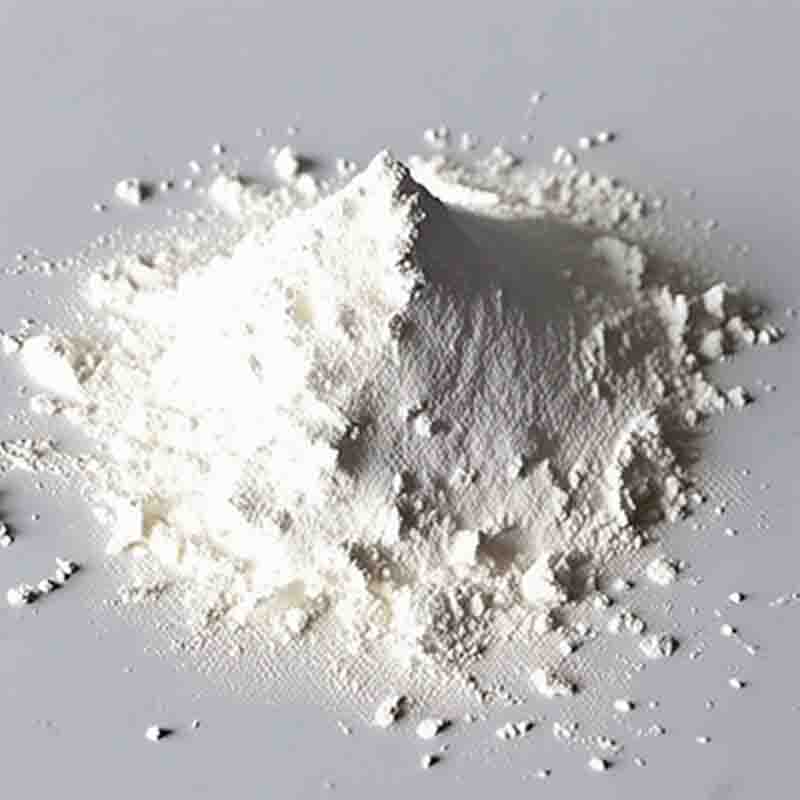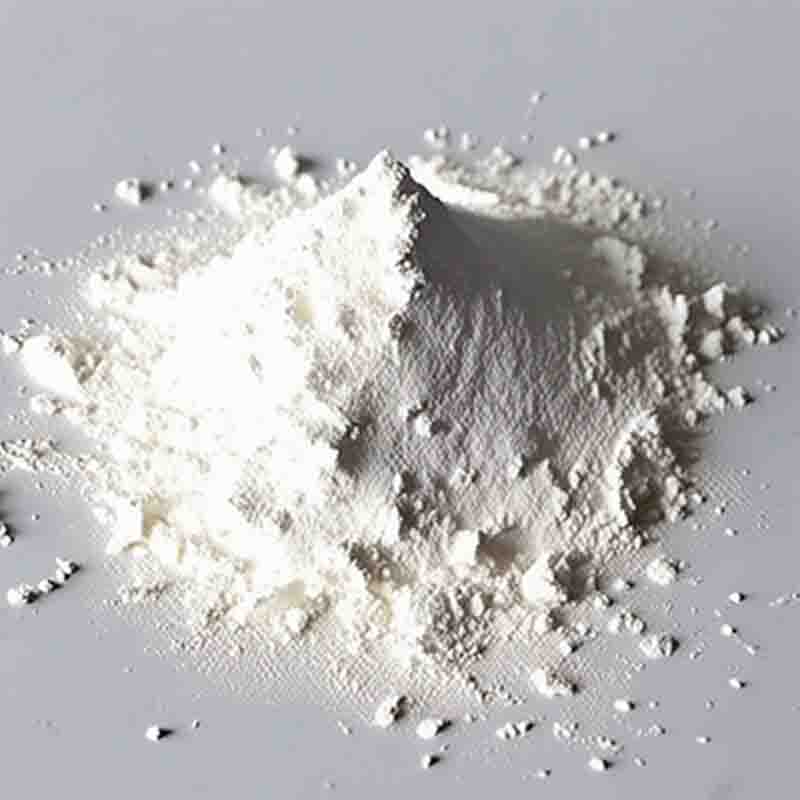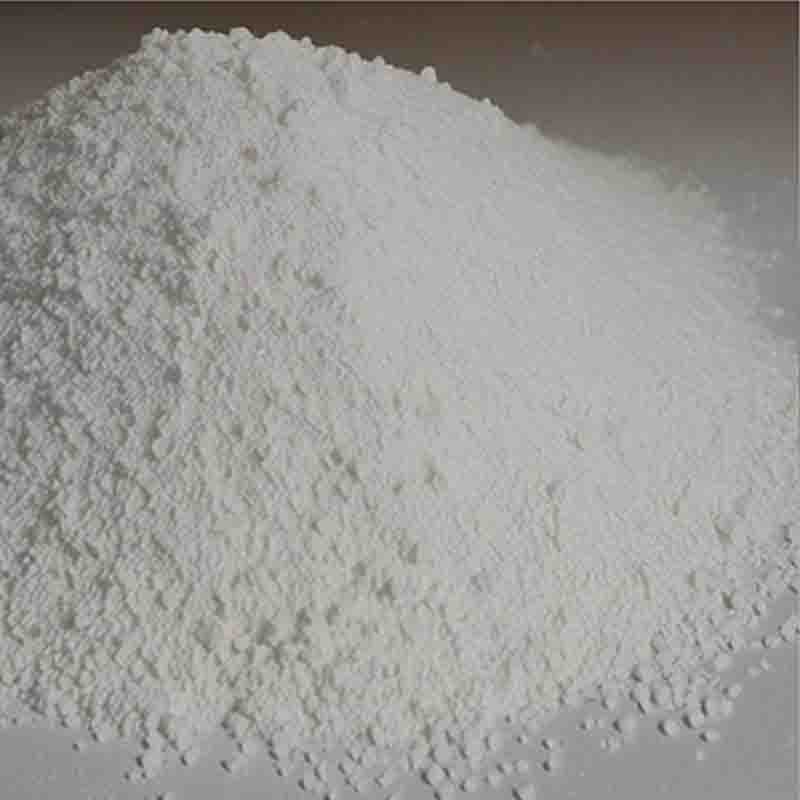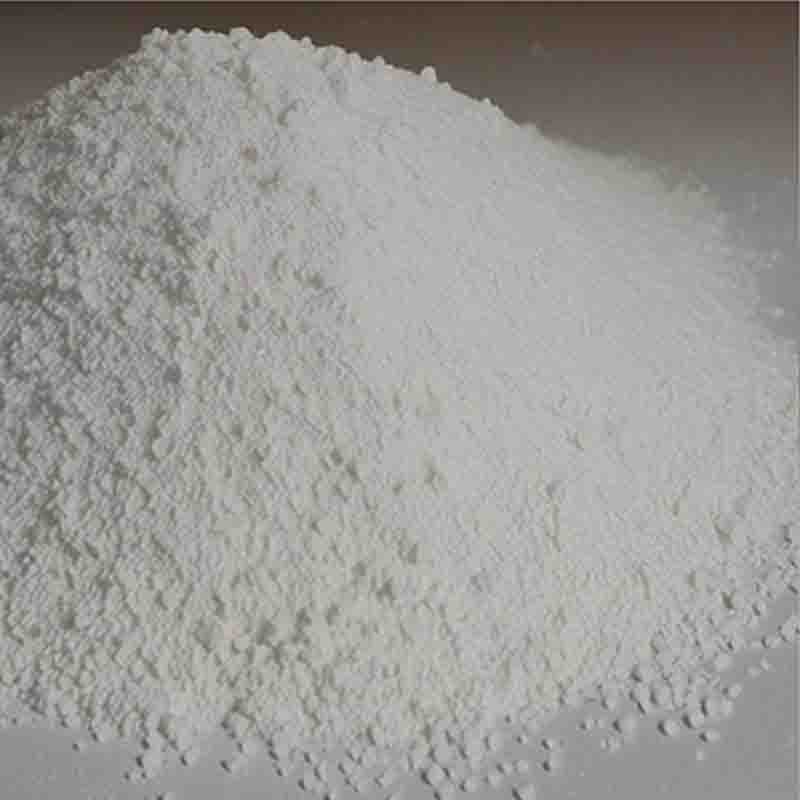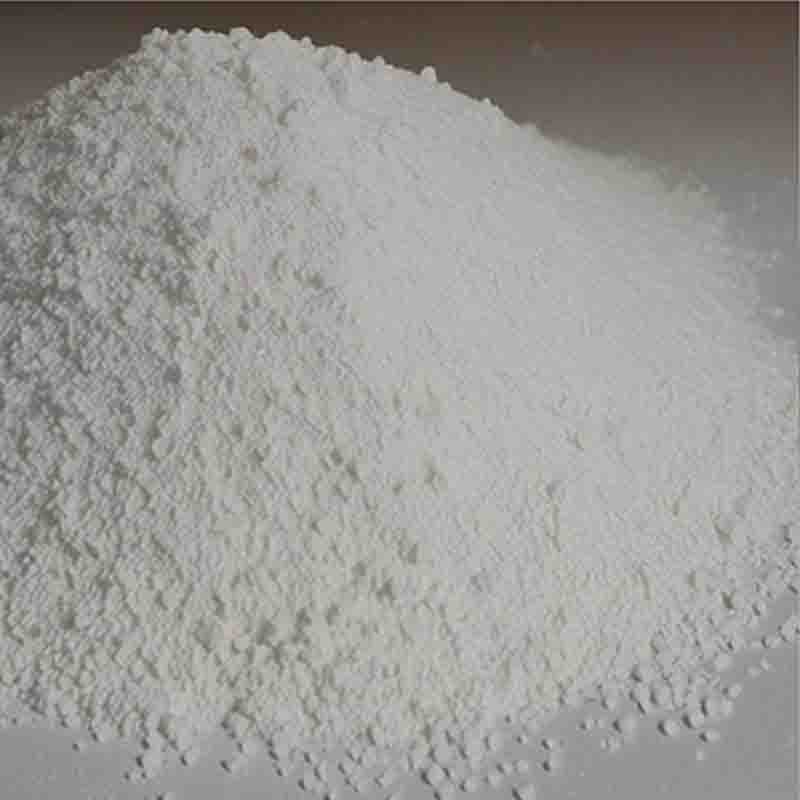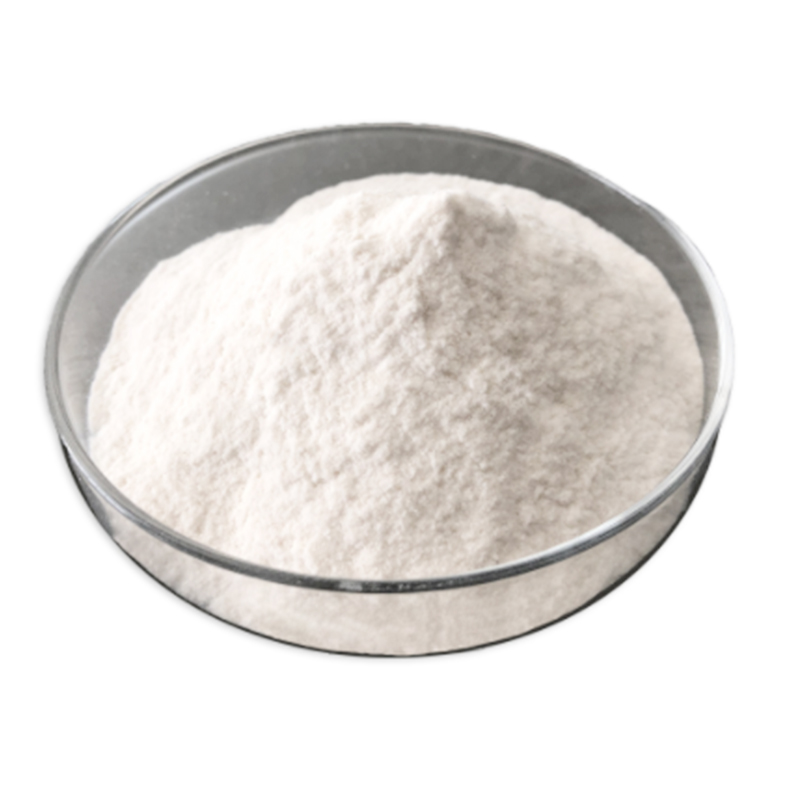6-BROMO-4-CHLORO-2-METHYLQUINOLINE CAS:53364-85-5
| Catalog Number | XD95963 |
| Product Name | 6-BROMO-4-CHLORO-2-METHYLQUINOLINE |
| CAS | 53364-85-5 |
| Molecular Formula | C10H7BrClN |
| Molecular Weight | 256.53 |
| Storage Details | Ambient |
Product Specification
| Appearance | White powder |
| Assay | 99% min |
6-Bromo-4-chloro-2-methylquinoline is a chemical compound that belongs to the class of quinoline derivatives. This compound has been the subject of research due to its potential pharmacological effects and its use as a building block in the synthesis of various bioactive molecules.
One of the main areas of interest for 6-bromo-4-chloro-2-methylquinoline is its potential as a pharmaceutical agent. Quinoline derivatives have been studied for their diverse pharmacological activities, including antimicrobial, antimalarial, anticancer, and anti-inflammatory properties. The specific substitution pattern of 6-bromo-4-chloro-2-methylquinoline may impart unique pharmacological properties that could make it a promising candidate for drug development. Research into the biological activities of this compound could lead to the discovery of new drugs for the treatment of various diseases.
Moreover, 6-bromo-4-chloro-2-methylquinoline can also serve as a valuable building block in organic synthesis. Its unique structure and reactivity make it a useful intermediate for the preparation of more complex molecules with potential biological activities. By utilizing 6-bromo-4-chloro-2-methylquinoline as a starting material, chemists can explore the synthesis of novel compounds with enhanced pharmacological effects or improved drug-like properties.
Furthermore, the compound's potential as a fluorescent probe or dye is another area of interest. Quinoline derivatives are known for their fluorescent properties, and the specific substitution pattern in 6-bromo-4-chloro-2-methylquinoline could make it a valuable fluorophore for various applications, such as bioimaging, chemical sensing, or fluorescence-based assays. Its fluorescent properties could be harnessed for the development of new tools for biological and chemical research.
In conclusion, 6-bromo-4-chloro-2-methylquinoline is a compound with potential pharmacological, synthetic, and optical applications. Further research into its biological activities, synthetic utility, and fluorescent properties could uncover new opportunities for drug discovery, organic synthesis, and fluorescence-based technologies. Its unique chemical structure makes it an intriguing target for investigation, and its potential impact in various fields makes it a compound worth exploring in greater detail.


